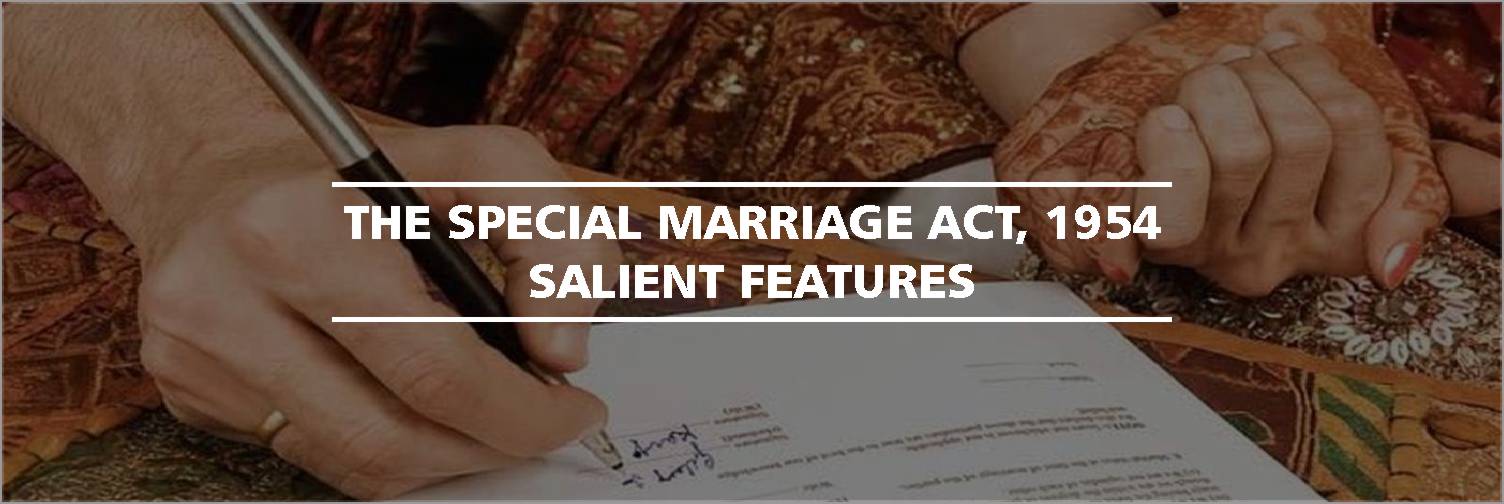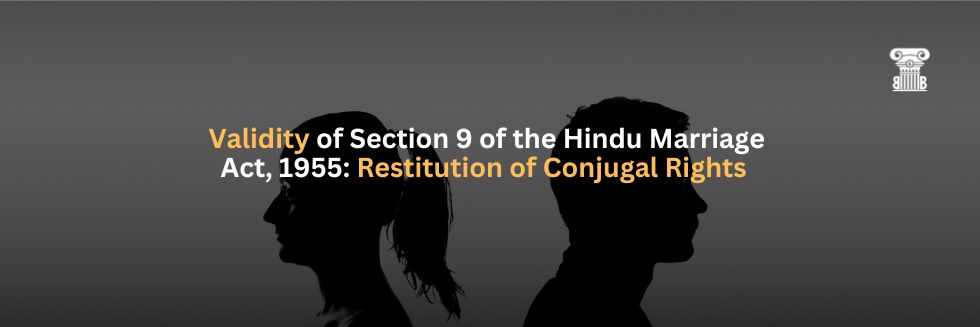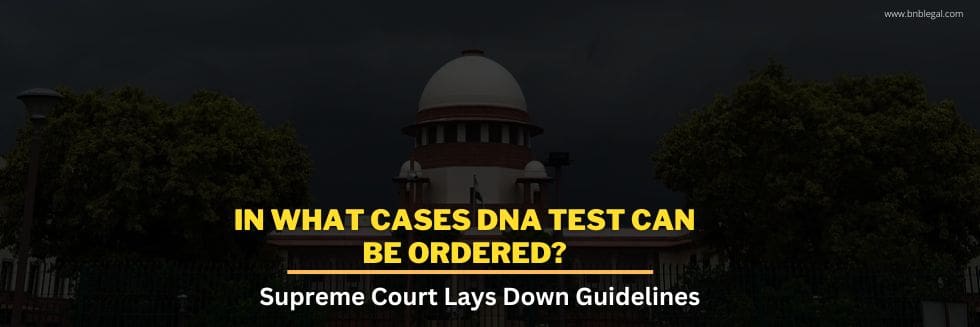When a muslim person under religious faith and for benefit of society donates his property in name of Allah it is called Waqf.
Literal meaning of waqf is detention. Thus it means that ownership of the dedicated property is taken from the person and detained by Allah.
Waqif is the person who dedicates his property to Allah. Or former of waqf property.
ESSENTIALS OF VALID WAQF
- Permanent Dedication: The donation of property to Allah should be permanent in nature. If it is for a limited period or if there are some contingencies attached to it then it is not a valid waqf. For example stating that a property will become waqf property only after birth of a son, then it is invalid.
- Competency of Waqif: For a muslim person there are only two requirement a) soundness of mind and b) Majority.
Waqf by non-muslims: He must profess Islam, that is believe in principles of Islam even if he does not follow Islam by religion. - Right to make Waqf: The waqif must have legal right to transfer the property.
CREATION OF WAQF PROPERTY
Muslim law does not prescribe any specific way of creating a Waqf. If the essential elements as described above are fulfilled, a Waqf is created. Though it can be said that a Waqf is usually created in the following ways –
- By an act of a living person (inter vivos) – when a person declares his dedication of his property for Waqf. This can also be done while the person is on death bed, in which case, he cannot dedicate more than 1/3 of his property for Waqf.
- By will – when a person leaves a will in which he dedicates his property after his death. Earlier it was thought that Shia cannot create Waqf by will but now it has been approved.
- By Usage – when a property has been in use for charitable or religious purpose for time immemorial, it is deemed to belong to Waqf. No declaration is necessary and Waqf is inferred.
OFFICE OF MUTAWALLI
Mutawalli is a manager of waqf and not its owner or trustee. His job is to see that the property is being utilized for a valid purpose as desired by the waqif.
In Ahmad Arif vs Wealth Tax Commissioner, SC held that a mutawalli has no power to sell, mortgage, or lease waqf property without prior permission of the court or unless that power is explicitly provided to the mutawalli in waqfnama.
Who can be Mutawalli.
Any person who is major, of sound mind and can perform the duties as desired by waqif can be a mutawalli. Even women can be a mutawalli if there are no religious activities attached with the duties of waqf.
Removal of a mutawalli –
Generally, once a mutawalli is duly appointed, he cannot be removed by the wakif. However, a mutawalli can be removed in the following situations –
1. By court –
1. if he misappropriates waqf property.
2. Even after having sufficient funds, does not repair waqf premises and waqf falls into disrepair.
3. Knowingly or intentionally causes damage or loss to waqf property. In Bibi Sadique Fatima vs Mahmood Hasan , SC held that using waqf money to buy property in wife’s name is such breach of trust as is sufficient ground for removal of mutawalli.
4. he becomes insolvent.
2. By waqf board – Under section 64 of Waqf Act 1995, the Waqf board can remove mutawalli from his office under the conditions mentioned therein.
3. By the waqif – As per Abu Yusuf, whose view is followed in India, even if the waqif has not reserved the right to remove the mutawalli in waqf deed, he can still remove the mutawalli.
LEASE OF WAQF PROPERTY
- Any lease agreement made against any immovable waqf property shall be void unless it has prior sanction of Waqf Board.
- Any sale, gift, exchange, mortgage or transfer of waqf property shall be void ab initio (invalid from beginning).
- Lease of any immovable waqf property shall become void after a period of 30 years.
- Lease of any immovable waqf property which is an agricultural land shall become void after a period of 3 years.
- After the expiry of 30 years the lease agreement of any immovable waqf property, the lease can be exceeded for 1 year by obtaining previous sanction of the Board.
SALE OF WAQF PROPERTY
Usually waqf is an irrevocable agreement and thus can’t be sold or transferred. But in certain cases it can be sold only after obtaining due permission by Wakf board from State Govt. If such permission is obtained then rates are decided by the Board in its meeting.
JUDICIAL PROCEEDINGS
- The State Government shall, by notification in the Official Gazette, constitute as many Tribunals as it may think fit, for the determination of any dispute, question or other matter relating to a waqf or waqf property, eviction of a tenant or determination of rights and obligations of the lessor and the lessee of such property, under this Act and define the local limits. The tribunal shall have same powers as that of a civil court.
- The decision of tribunal shall be final and binding upon the parties.
- No appeal shall lie against any decision or order whether interim or otherwise, given or made by the tribunal.
- Provided that a High Court may, on its own motion or on the application of the Board or any person aggrieved, call for and examine the records relating to any dispute, question or other matter which has been determined by the Tribunal for the purpose of satisfying itself as to the correctness, legality or propriety of such determination and may confirm, reverse or modify such determination or pass such other order as it may think fit.








